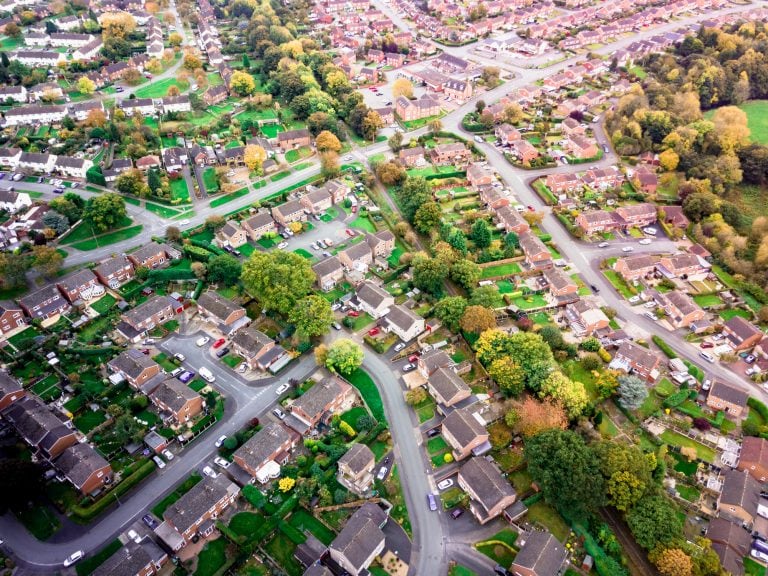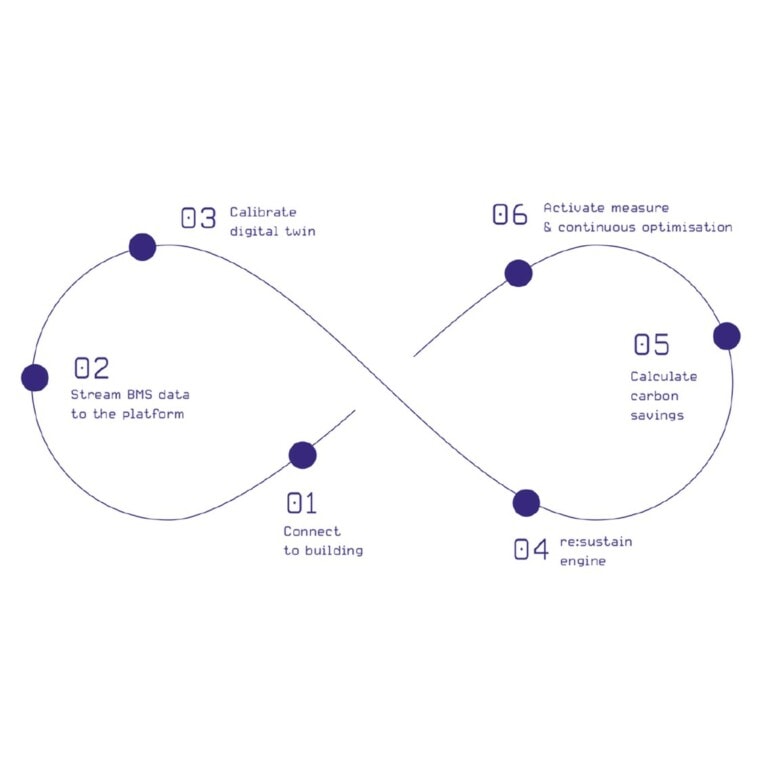Accelerator Cities Pathfinder

Home energy use accounts for around 20 percent of the UK’s overall greenhouse gas emissions, with heating and hot water constituting over 75 percent of household energy demand. It is estimated that by 2050, over 80 percent of the housing stock will be made up of homes that have already been built. It is clear therefore, that the UK requires an ambitious home retrofit programme if it is to realise Net Zero by 2050.
The benefits of retrofitting homes are not just limited to the environment, there are numerous health and socioeconomic benefits. For example, homes that are cold and poorly ventilated are linked to excess winter deaths, asthma and other breathing related illnesses. Retrofitting homes can also lead to lower energy bills, reducing fuel poverty which currently affects around 10 percent of UK households.
Working with some of the UK’s most ambitious city authorities and expert stakeholders, UKGBC and partners will co-create a proposal for a long-term, city-led home retrofit programme, one that moves beyond stop-start policy and short term pilots, and instead provides a stable way of achieving the scale of home retrofit needed if we are to meet the UK’s target to be net zero by 2050.
Crucially the project seeks to build on work done previously, while also generating new insights and proposals that can genuinely galvanise action and lay the foundations for a step change in home retrofit, driven by city leadership.
In September 2019, we held a series workshops across the UK to better understand the needs of city authorities and delivery partners and collaborate on programme design.

Related
Community led approach to building affordable housing on micro-sites

Local Area Retrofit Accelerator ‘Getting Started Toolkit’

BMS agnostic building optimisation

Draught Sealer

